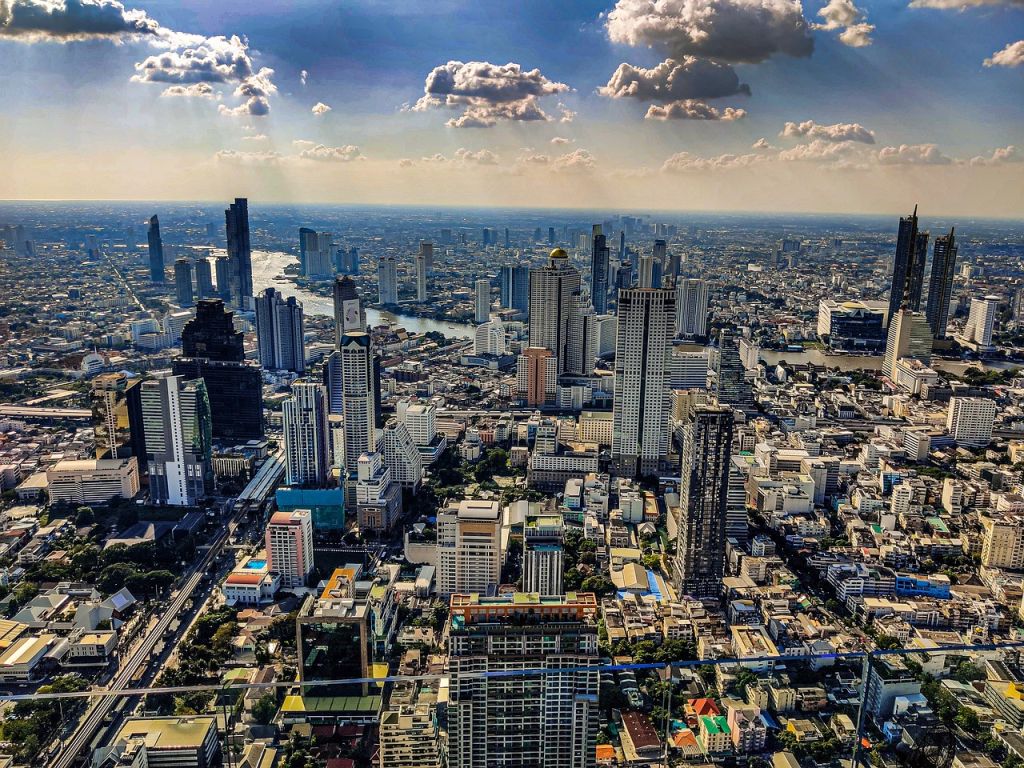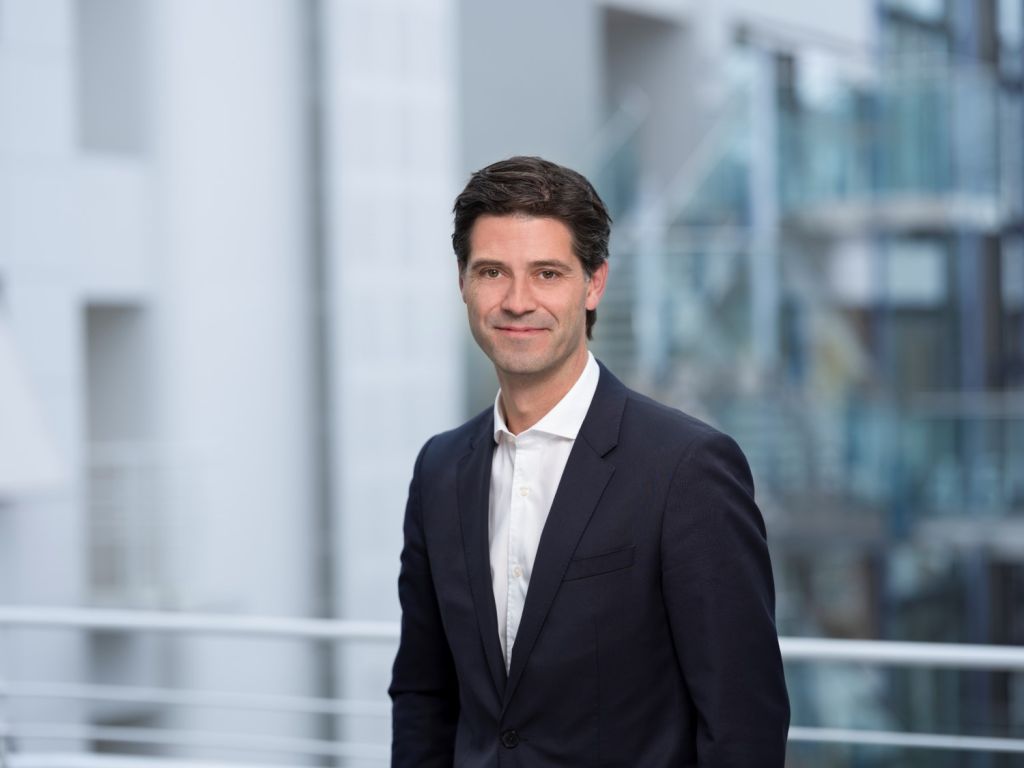Travelers flying with SAS can now voluntarily choose to buy biofuel and so help reduce climate-affecting CO2 emissions by up to 80 percent. The new non-profit service aims to pioneer a large-scale and competitive market for biofuel within aviation, in line with SAS’ sustainability strategy.
SAS is now launching a new ancillary product that gives travelers the option to reduce their climate impact. This means that travelers can purchase biofuel when booking a ticket, or at any time before departure.
“We are continuously developing more sustainable products and services, including the option to buy biofuel. We are now inviting our travelers to be part of the transition to a more sustainable way of traveling,” says Karl Sandlund, Executive Vice President Commercial, SAS.
Biofuel, which reduces climate-affecting CO2 emissions by up to 80 percent compared to conventional jet fuel, is a key enabler to make flying more sustainable and reach SAS’ target to reduce CO2 emissions by 25 percent by 2030. SAS is pushing for large-scale production of advanced biofuel in Scandinavia. The volumes being produced today are not enough and the price is 3-4 times higher than for conventional jet fuel.
“In the short term, we believe that an important step in reducing climate impact is to increase the use of biofuel. This product makes it easier for our customers to contribute to this development. It also shows the additional costs of biofuel today and highlights the need for an increased supply of commercial biofuel,” says Karl Sandlund.
SAS makes no profit on the contribution from travelers and it will be added to the biofuels already purchased by SAS.
Facts about SAS and Sustainable Aviation Fuel (biofuel)
SAS only uses biofuel made from sources not affecting the availability of crops used in food production, access to potable water, biodiversity, and that use as small an area of land as possible.
Biofuel is delivered to SAS at the hubs in Stockholm, Oslo and Copenhagen, or at a suitable airport as close as possible to the production facility. Legislation allows for up to 50 percent of biofuel to be used per flight. All SAS aircrafts are certified to be able to mix 50/50 fossil jet fuel and biofuel.







